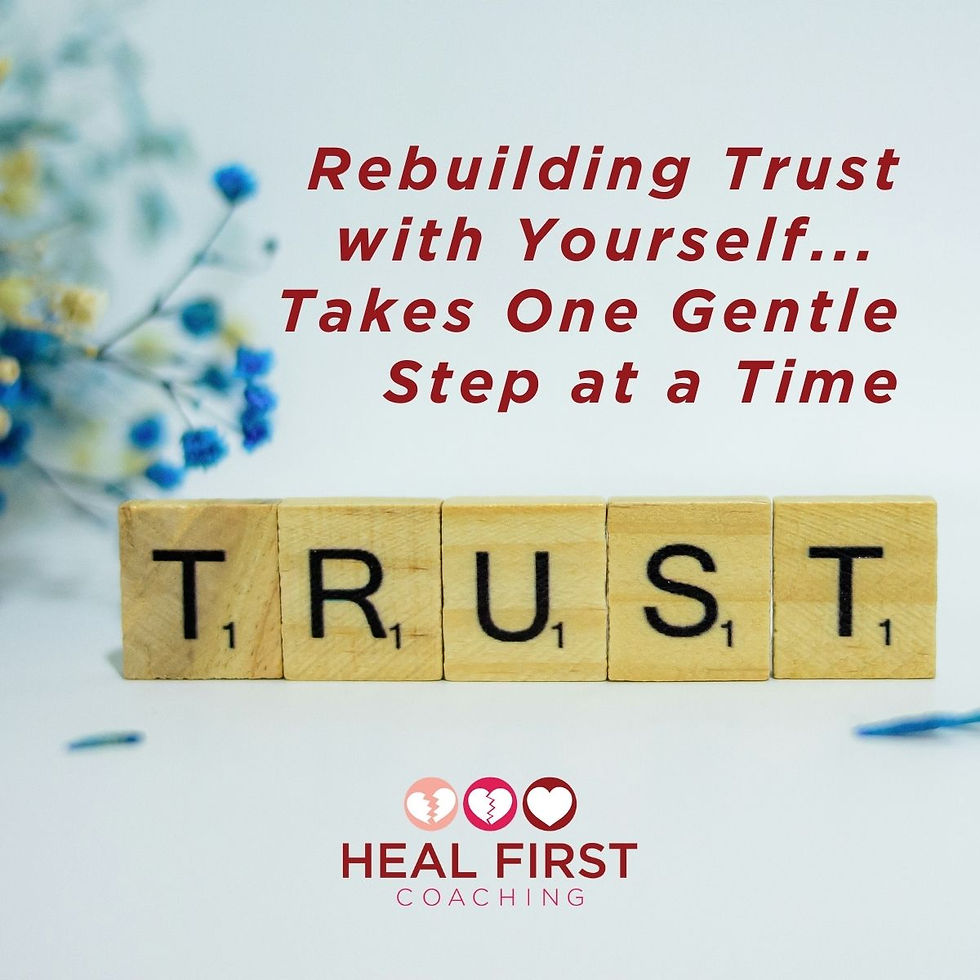Effective Relationship Coaching: What You Should Know
- Samantha Tishner

- Aug 8, 2024
- 3 min read

Effective relationship coaching can transform how you connect with others. By focusing on skills like communication, boundaries, and conflict resolution, you’ll develop deeper, more meaningful relationships. Many clients report significant personal growth alongside their improved connection skills.
Techniques like active listening and constructive feedback are essential tools coaches utilize to help you navigate challenges. As you engage in this process, expect to gain insights that enhance understanding and foster collaboration. If you’re curious about the specific strategies and practices that can elevate your relationships, you’ll find a wealth of knowledge that can guide your journey.
Key Takeaways
Effective relationship coaching enhances communication skills, conflict resolution, and boundary setting, fostering healthier interpersonal connections.
Clients often experience personal growth alongside relationship improvements, leading to more fulfilling connections.
Techniques like active listening and the VAPER acronym significantly boost communication effectiveness and understanding.
Regular relationship checkups and collaborative exercises help maintain emotional connections and partnerships.
Continuous learning and empathy are crucial for coaches to support clients effectively and sustainably.
Overview of Relationship Coaching
Relationship coaching is a transformative process that empowers you to enhance your connections—whether they’re romantic, familial, or professional—by identifying your goals and overcoming obstacles together with your coach.
This coaching focuses on helping you improve your relationship skills through effective communication, establishing healthy boundaries, and mastering conflict resolution.
By utilizing techniques like active listening, your coach fosters an environment where you can develop essential interpersonal skills.
Many clients find that they not only improve their relationships but also experience significant personal development.
With a commitment to self-awareness and reflection, you can address gaps in your relationship skills and attitudes, paving the way for more fulfilling connections in every aspect of your life.
Benefits of Relationship Coaching
Coaching can greatly enhance your ability to connect with others, leading to deeper and more satisfying relationships in your life. Many clients experience significant benefits from relationship coaching, which fosters transformational experiences and helps build healthy relationships.
Here are some key advantages:
Improved interpersonal skills: 71% of clients notice a boost in their ability to relate meaningfully with others.
Effective conflict resolution: Coaching equips you with strategies to handle disputes constructively.
Enhanced listening skills: Better listening fosters understanding and connection, essential for lasting relationships.
With the right coaching style, you’ll develop the tools necessary for effective coaching, leading to fulfilling and meaningful relationships.
Embrace the journey toward better connections and watch your relationships thrive.
Key Techniques and Tools
Utilizing effective techniques and tools can greatly enhance your journey toward building stronger connections with others.
Relationship coaching tools like communication exercises and the Win-Win Waltz foster collaboration, allowing you to navigate challenging scenarios in a supportive environment.
The Sound Relationship House Inspection helps you evaluate your relationship dynamics, pinpointing strengths and areas for growth.
By applying the VAPER acronym—Volume, Articulation, Pace, Eye contact, and Relaxation—you can enhance your communication skills, ensuring your messages resonate well.
Regular relationship checkups and the Mutual Relationship Vision exercise encourage you to reflect on your shared goals, deepening your emotional connection and promoting partnership growth.
Embrace these techniques to facilitate meaningful interactions and enrich your relationships.
Frequently Asked Questions
What Does an Effective Coaching Relationship Require?
An effective coaching relationship requires empathy, trust, and open communication. You’ll need to engage actively, share vulnerabilities, and provide honest feedback. Together, you’ll build a supportive environment that fosters growth and accountability.
How Do You Build Effective Coaching Relationships?
“Rome wasn’t built in a day.” To build effective coaching relationships, you need empathy, trust, and open communication. Engage consistently, establish clear goals, and recognize each other’s strengths to foster a supportive and productive partnership.
What Does a Successful Coaching Relationship Look Like?
A successful coaching relationship feels collaborative and supportive. You’ll trust your coach, engage openly, and actively participate in your growth. Together, you’ll set clear goals, celebrate progress, and hold each other accountable for lasting change.
Conclusion
Effective relationship coaching offers invaluable tools and insights to help you build deeper, more meaningful connections with others.
By focusing on communication, boundary-setting, and conflict resolution, you can experience significant personal growth and enhance your relationships across various aspects of your life.
Embracing techniques such as active listening and constructive feedback will empower you to navigate challenges and foster stronger, more fulfilling connections.
As you apply these strategies, you’ll gain a greater understanding of yourself and others, leading to more collaborative and harmonious relationships.
Seize the opportunity to enrich your interpersonal skills and watch how your relationships thrive and flourish.




Comments